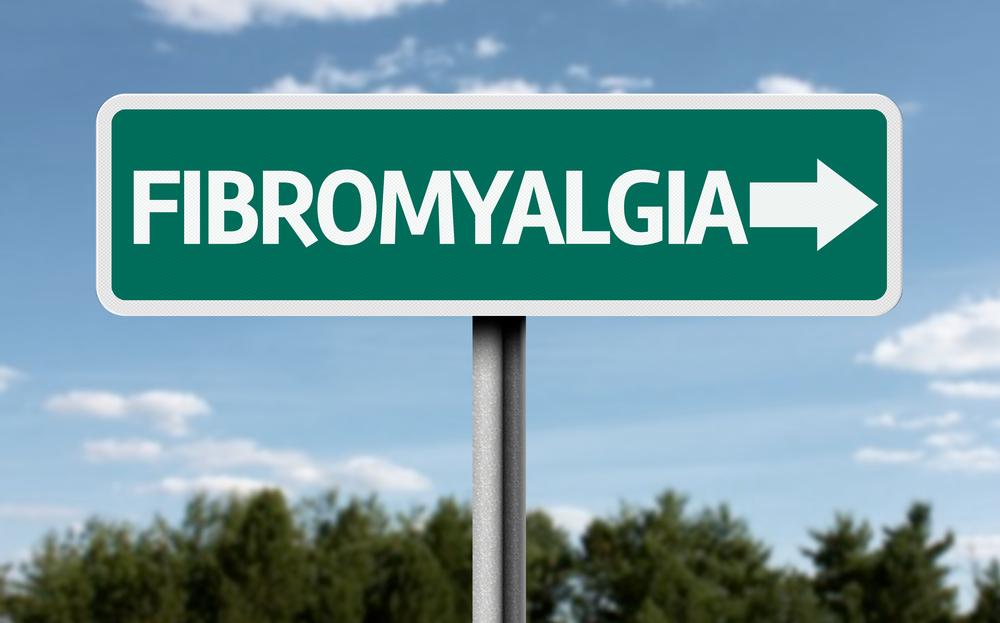Identifying Common Indicators and Symptoms of Fibromyalgia
Fibromyalgia is a condition characterized by chronic widespread pain, fatigue, and sensory disturbances. Recognizing its symptoms early is critical for managing the disorder effectively. Key signs include persistent muscle aches, unusual sensations, sleep difficulties, digestive issues, and emotional challenges. Although no cure exists, proper treatment and lifestyle modifications can improve quality of life. Understanding the differences between fibromyalgia and similar conditions like arthritis helps in timely diagnosis. Combined therapies and symptom management strategies play a vital role in controlling this complex disorder.

Chronic widespread discomfort is a hallmark of fibromyalgia, often overlooked by those experiencing it. Persistent muscle pain lasting over three months can interfere with daily routines, with some individuals experiencing sudden pain spikes. Morning stiffness and deep pain are typical, usually easing with movement. However, others may feel constant pain throughout the day, ranging from mild to severe, affecting multiple areas like shoulders, neck, back, hips, knees, feet, and arms. Though no cure exists, symptom management can improve quality of life. Recognizing signs early is essential for effective treatment.
Unlike arthritis, fibromyalgia does not cause joint swelling or tissue damage. While both share symptoms like fatigue and pain, fibromyalgia involves altered pain processing without joint destruction. Key symptoms include:
Pain
Aching and stabbing sensations that can start in one spot and spread. Factors like cold weather, stress, and poor sleep can worsen pain.
Unusual Sensations
Numbness, tingling, or burning feelings are common and can intensify discomfort.
Fatigue and Sleep Issues
Individuals often feel exhausted despite enough sleep, as pain disrupts rest cycles.
Digestive Issues
Constipation, bloating, and acid reflux are frequent gastrointestinal symptoms.
Muscle Discomfort
Tenderness, spasms, and soreness are typical muscle-related signs.
Mental and Emotional Symptoms
Anxiety, mood swings, forgetfulness, and concentration problems may occur.
Additional Symptoms
Headaches, joint stiffness, depression, irritable bowel syndrome, dry eyes or mouth, bladder pain, skin sensitivities, and restless legs syndrome are also reported.
Fibromyalgia may be triggered by genetics, infections, or trauma. The exact cause remains unclear, but imbalanced brain chemicals may amplify pain signals. Proper diagnosis allows for tailored treatments including medications, therapies, and lifestyle changes. Managing symptoms through gentle exercise, stress reduction, and adequate rest can significantly enhance living quality.


